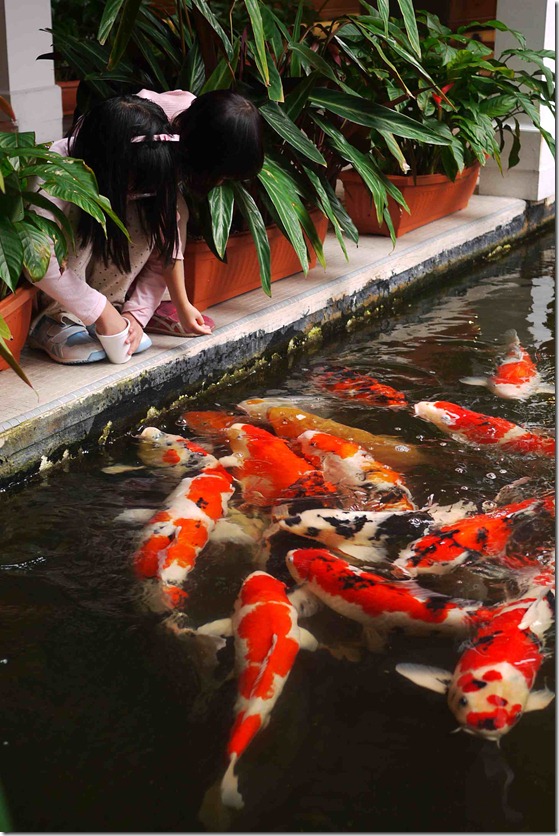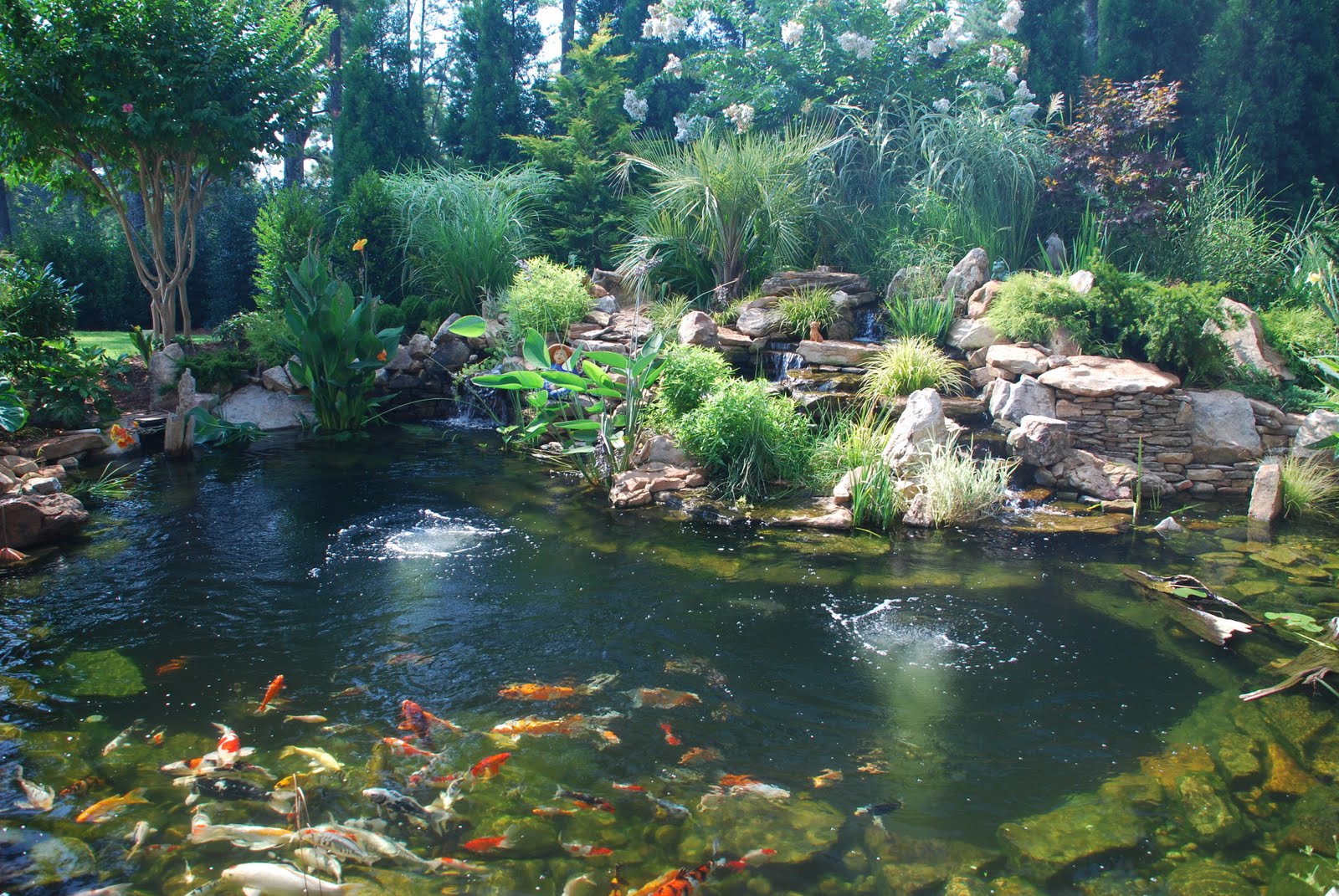
When to Shut Down Your Koi Pond for Winter: Tips and Tricks
Winterization of Koi Pond
Winter is a beautiful season, but it can be cruel to your koi fishes. Keeping your koi fishes safe and healthy requires some preparation and maintenance before the frost sets in. One of the essential tasks is to know when to shut down your koi pond for winter.
Shutting down your koi pond is a crucial step to ensure that your fishes survive the cold winter. This article will outline some tips and tricks to help you shut down your koi pond and take proper care of your fishes during the winter season.
When to Shut Down Your Koi Pond for Winter
The timing of shutting down your koi pond for winter can vary depending on the where you live. If you live in a region where the temperatures drop to freezing point, then you need to prepare your pond for the winter season. Typically, the best time to shut down your koi pond is when the water temperature drops to 55°F (12.7C).
You can use a pond thermometer to check the temperature of the water. If your pond has reached the right to temperature, you can start shutting it down. However, if the water temperature is still higher than 55°F (12.7C), you should wait until it drops to that level, as it can affect the health of your koi fishes.
Steps to Shut Down Your Koi Pond for Winter
Step 1: Remove debris and leaves
Before you start shutting down your koi pond, remove any debris, leaves or dead plants from your pond. A dirty pond can cause problems for your koi fishes, and it can also be challenging to clean once winter is over. Using a skimmer net is an efficient way to remove debris.

Step 2: Stop feeding your koi fishes
Stop feeding your koi fishes at least two weeks before the water temperature drops to 55°F (12.7C). Feeding your koi fishes during the winter can cause problems for them, and it can also pollute the water. Overfeeding can lead to the accumulation of uneaten food, which can decompose and release harmful toxins into the pond.

Step 3: Drain your pond water
Drain your pond water to a level below the skimmer, filter, and pump intake lines. Use a submersible pump to remove the remaining pond water, and wash the sides of the pond to remove any algae or debris. Don’t forget to rinse the filter media to remove any accumulated dirt or debris.

Step 4: Clean your pond equipment
Clean your pond equipment before storing it for the winter season. Remove any excess water, and store it in a dry and warm place. Clean your pond pump, filter, and UV sterilizer thoroughly to prevent any bacterial growth during storage.

Step 5: Cover your pond
Cover your pond with a pond net to prevent leaves, debris, and animals from falling into it. A net also helps to keep your koi fishes from jumping out of the pond. Use pond cover clips to secure the net to the pond edges.
Other Tips for Taking Care of Your Koi Fishes During Winter
Provide aeration to your koi pond
During the winter, your koi fishes may still need oxygen to survive. Aeration is an excellent way to keep oxygen circulating throughout the pond, even if it is frozen over. A submersible aerator or de-icer can be used to provide aeration in the pond.

Keep an eye on your pond during winter
Monitor the water level in your pond during the winter season. If it drops too low, add enough water to bring it back to a safe level. Also, check the condition of the pond cover from time to time, as heavy snow can damage it. Avoid using chemicals during the winter, as they can harm your koi fishes.
Avoid sudden temperature changes
Sudden temperature changes can be harmful to your koi fishes. Avoid using heaters or other devices to raise the water temperature. A sudden increase in temperature can cause the fishes to wake up from hibernation, which can lead to health problems. Instead, let your pond’s natural temperature to increase gradually as winter comes to an end.
Conclusion
In conclusion, shutting down your koi pond for winter is essential to keep your koi fishes safe and healthy during the winter months. Follow these simple steps and tips to help you shut down your pond correctly. Remember to take precautions and closely monitor your koi fishes during the winter season.